Lifestyle Barometer: your guide to what’s hot and what’s not this week from celebrity Halloween costumes to cannabis
From plastic-free tea bags to anti-vaccine fake news, Sarah Young rounds up what’s hot and what’s not


Going up:
Celebrity Halloween costumes
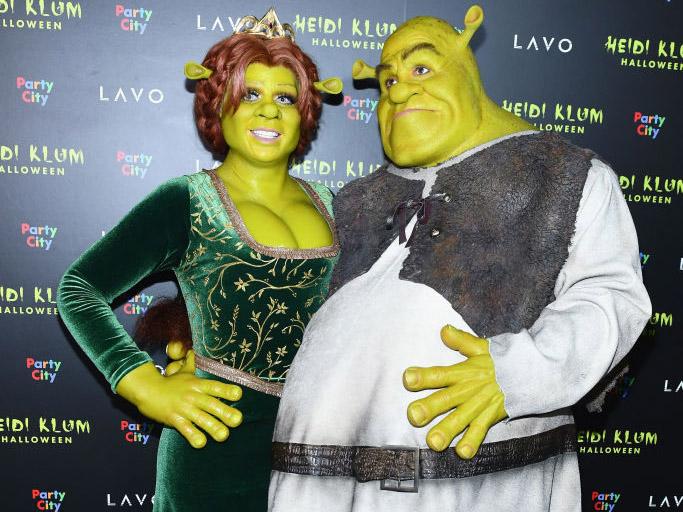
All Hallows’ Eve has been and gone for another year and while most of us made do with a splash of fake blood the A-listers went all out.
An impressive number of famous faces were spotted getting involved, including the reigning queen of Halloween, Heidi Klum.
For her annual party, the model dressed up as Princess Fiona from the Shrek movies while her boyfriend, Tom Kaulitz, came as the ogre himself.
Other highlights included Beyonce dressing up as Toni Braxton, Harry Styles as Elton John, Rita Ora as Post Malone and Kendall Jenner as a fembot from Austin Powers.
Try before you buy fashion
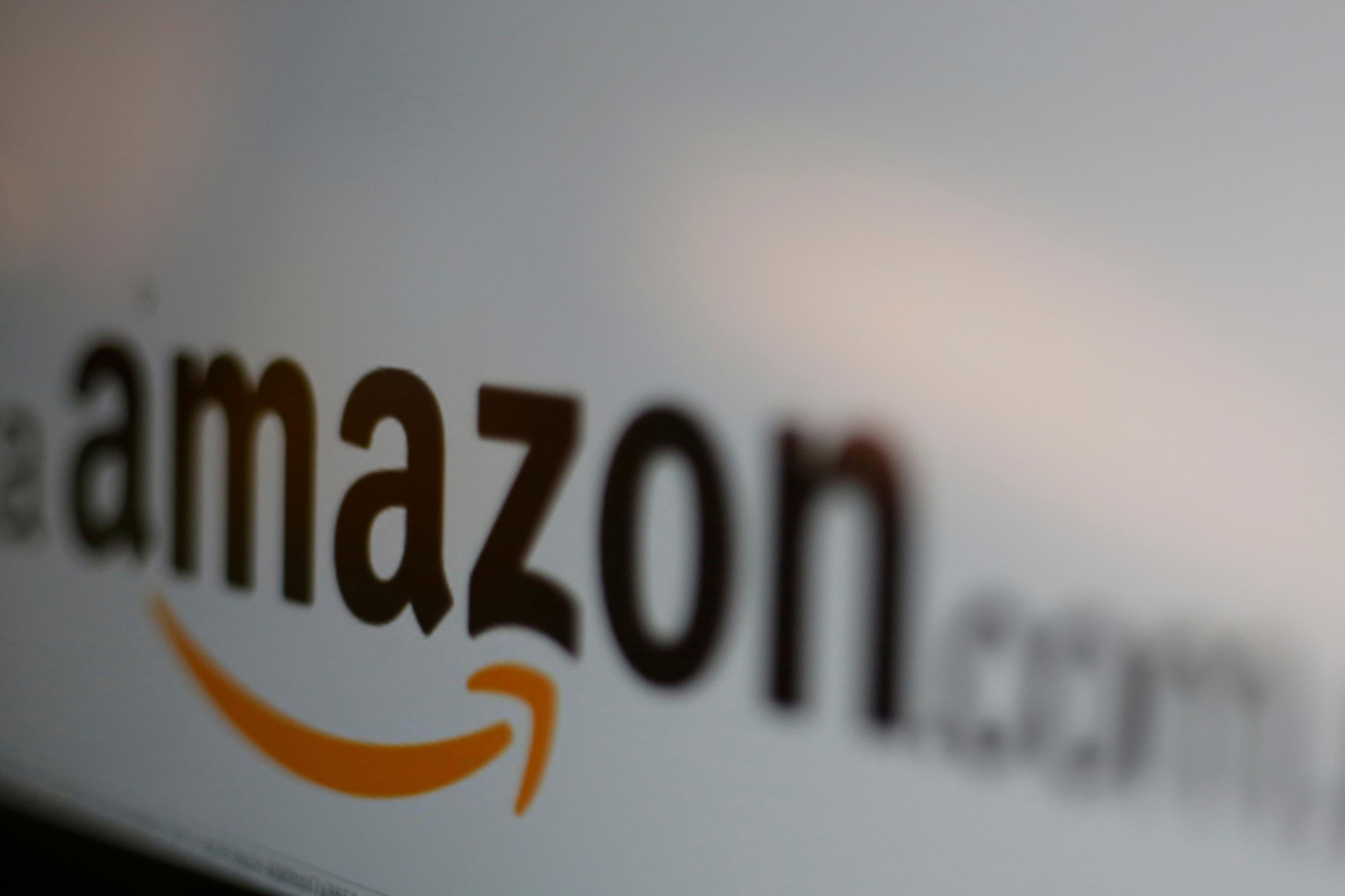
Amazon has announced the launch of a “try before you buy” fashion service.
Called Prime Wardrobe, the scheme will allow customers already signed up to the retailer’s subscription service to order three to eight clothing items with no upfront charge and free delivery.
If customers decide not to keep some of the items ordered, they can be returned within seven days free of charge.
What’s more, shoppers are also offered a range of discounts depending on the number of items they choose to keep.
If they choose to keep items worth £100 or more they could save £5, while holding on to items worth £200 more will see a saving of £20.
Plastic-free tea bags
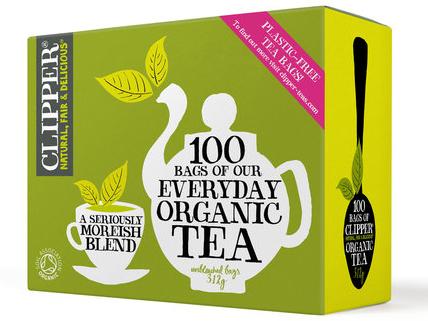
This week, Clipper Teas revealed it is making a plastic-free tea bag, instead switching to a new material made from bananas (sort of).
While regular tea bags use polypropylene, a sealing plastic to secure them and ensure they hold their shape, this new product is designed specifically to cut down on plastic pollution.
Instead of polypropylene, Clipper Teas’ new versions will be made using a blend of abaca, which is made from a species of banana plant, and a biopolymer made from a non-GM plant material known as PLA.
It announced the new tea bags are already in production but that there will be a “transition period“ while shops sell current stock.
Cannabis

On Thursday, medicinal cannabis became legal in the UK, with more than 800,000 specialist doctors able to prescribe it to patients where other medicines have failed.
The drug will be considered for a range of medical treatments, including severe forms of epilepsy and muscle stiffness due to multiple sclerosis.
The news has also caused an increase in popularity for CBD, short for cannabidiol, which can be purchased from mainstream health shops as food supplements.
In fact, one coffee shop in Swansea has even gone as far as to sell cups of coffee infused with shots of the legal product.
Bogarts CBD Coffee House offers shots of CBD in everything from camomile tea to hot chocolate and even pumpkin spice lattes.
Going down:
Goop
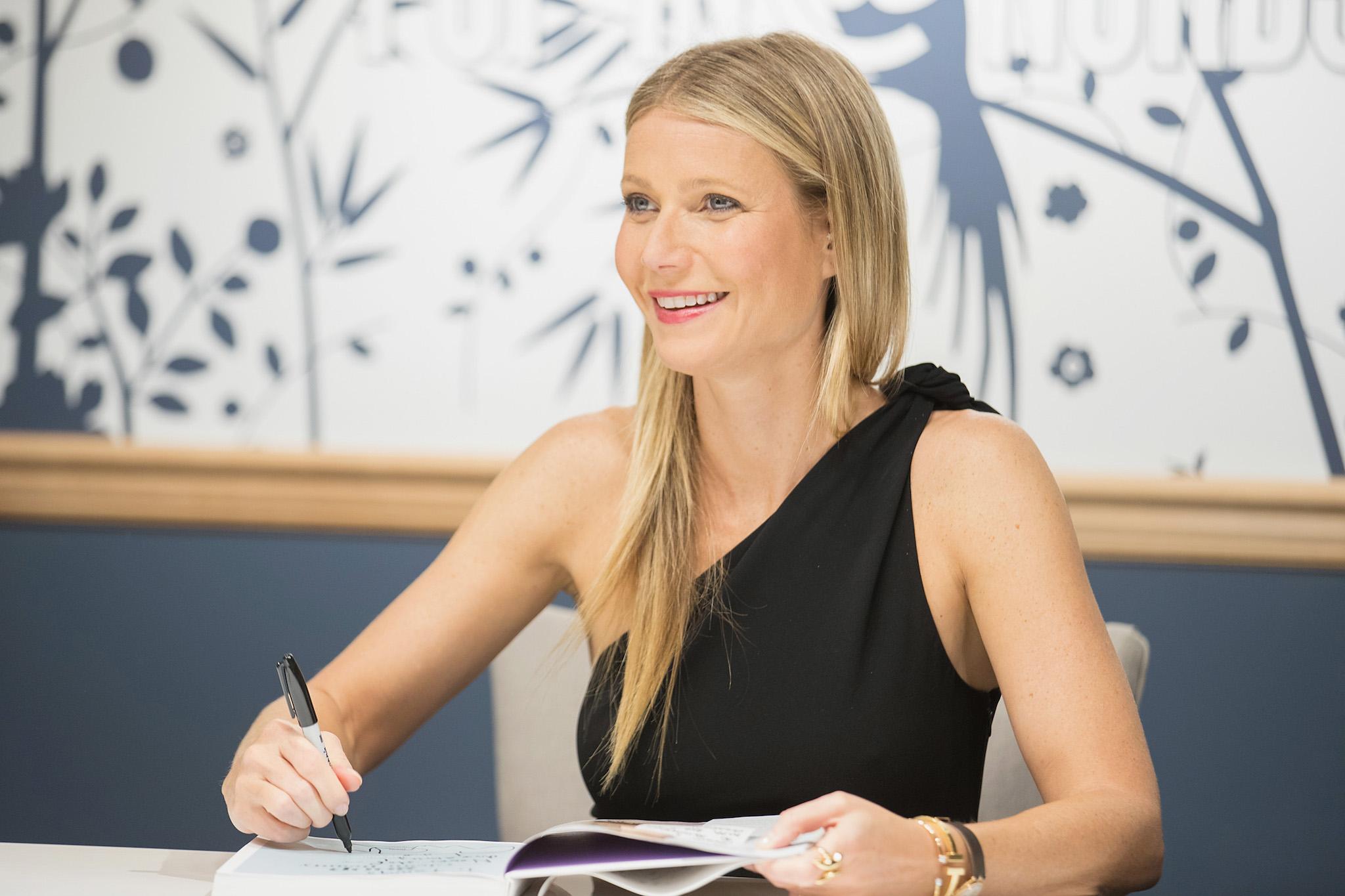
Gwyneth Paltrow’s controversial lifestyle brand Goop was reported to UK advertising regulators this week over “misleading and potentially dangerous claims”.
The complaint was made by Good Thinking Society, a charity that promotes scientific thinking.
It reported the organisation to the National Trading Standards and the Advertising Standards Authority, alleging that it had breached more than 113 UK advertising laws.
The report highlighted a number of products that experts warned could endanger the public, including sun protection products costing up to £45 each, The Goop Medicine Bag, a selection of “health-giving” stones costing £76 each, and The Mother Load, an £88 product that claims to contain 110 per cent of the recommended “daily value” of vitamin A for adults.
The accusations come a month after Goop was ordered to pay $145,000 (£113,000) after making unscientific claims about the health benefits of vaginal eggs.
Despite the controversy surrounding the brand, Paltrow denies that its claims are based on “pseudoscience”.
William Sitwell
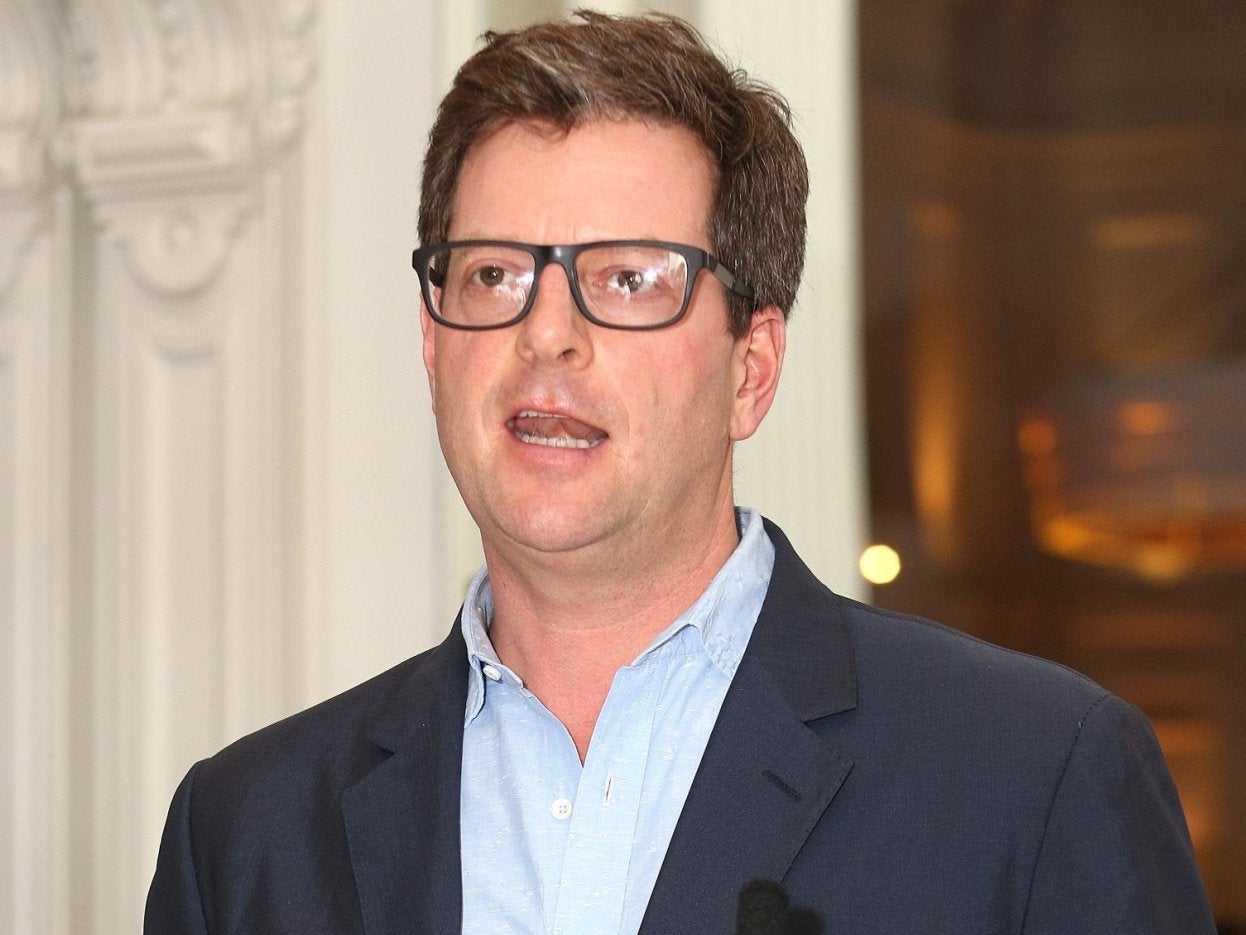
The editor of Waitrose Food magazine has resigned following controversies surrounding a comment he made about “killing vegans”.
A spokesperson for the supermarket confirmed that William Sitwell will be stepping down with immediate effect from the role he held for almost 20 years.
The move comes after Sitwell responded to a journalist who suggested a regular series on vegan cooking, featuring recipes, commentary and news.
In an emailed response to her pitch, the magazine editor wrote: “Hi Selene. Thanks for this. How about a series on killing vegans, one by one. Ways to trap them? How to interrogate them properly? Expose their hypocrisy? Force-feed them meat? Make them eat steak and drink red wine?”
Photoshopping

A Sports Illustrated model has opened up about the reality of photoshopping in her job to highlight the dangers of comparison on social media.
Kate Wasley, from Perth, Australia, shared a video on Instagram in which her body is edited 22 times to appear thinner, smoother and cellulite-free.
The 24-year-old captioned the video: “It takes so little time to alter a photo and so little time to compare yourself to the altered reality we constantly see on Instagram.
“It might be photoshop, it might be a pose, it might be that the person you’re comparing yourself to is a completely different build and body type to you.”
The post has since been liked more than 19,000 times and received an outpouring of support from fans in the comments.
Anti-vaccine fake news
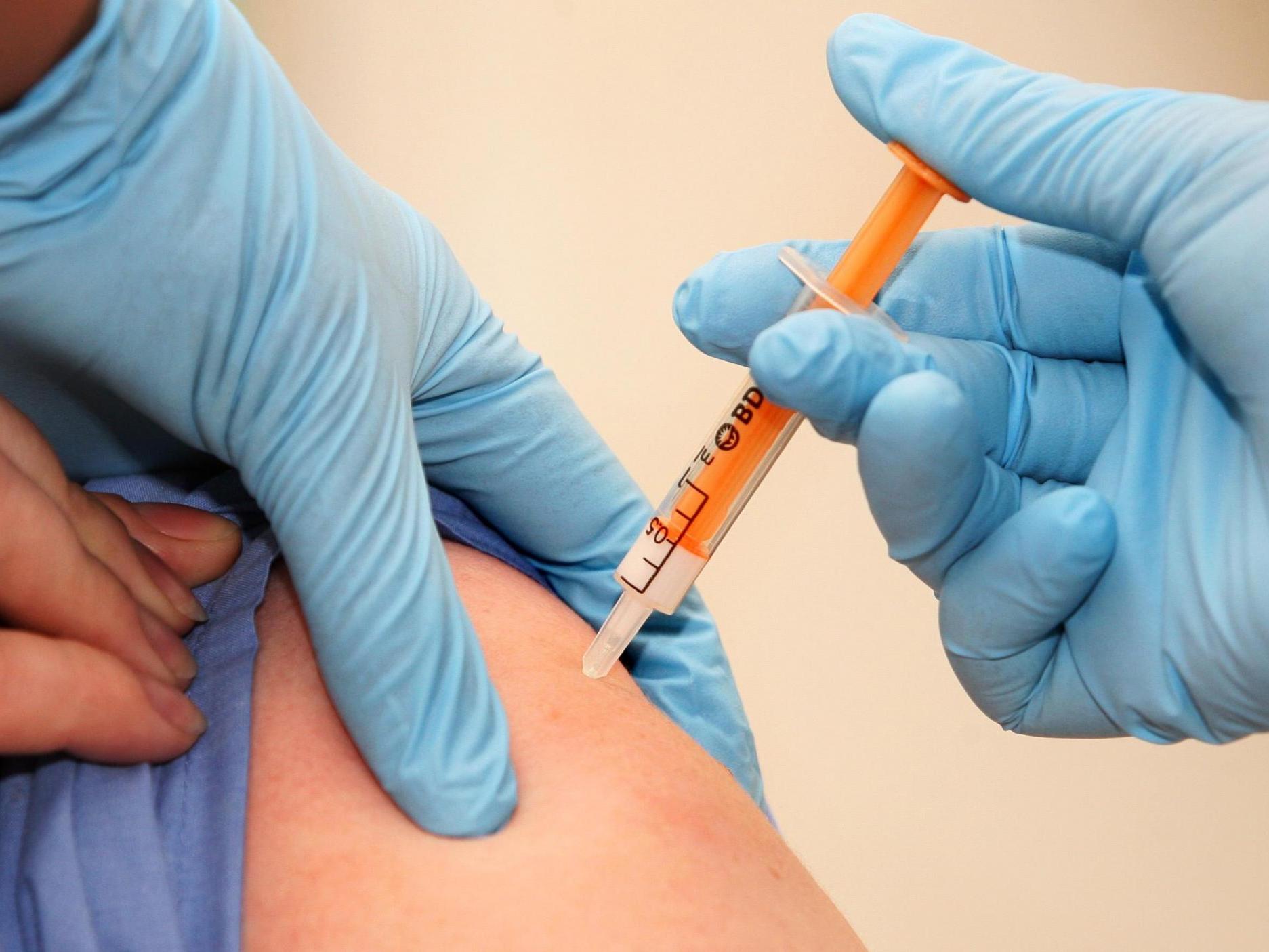
A senior doctor has warned that fake news surrounding vaccinations could be putting children at risk.
In an interview with the BBC to mark 30 years of the measles, mumps and rubella (MMR) jab, chief medical officer Professor Dame Sally Davies said that “social media fake news” is to blame for a drop in the number of children being vaccinated.
In 2016, 95 per cent of children were receiving their first dose of the MMR vaccine, but only 91 per cent have had the jab so far in 2018.
Davies insists the MMR is a safe vaccination and that it has saved millions of lives across the world.
“People who spread these myths, when children die they will not be there to pick up the pieces or the blame,” she said.
Meat consumption
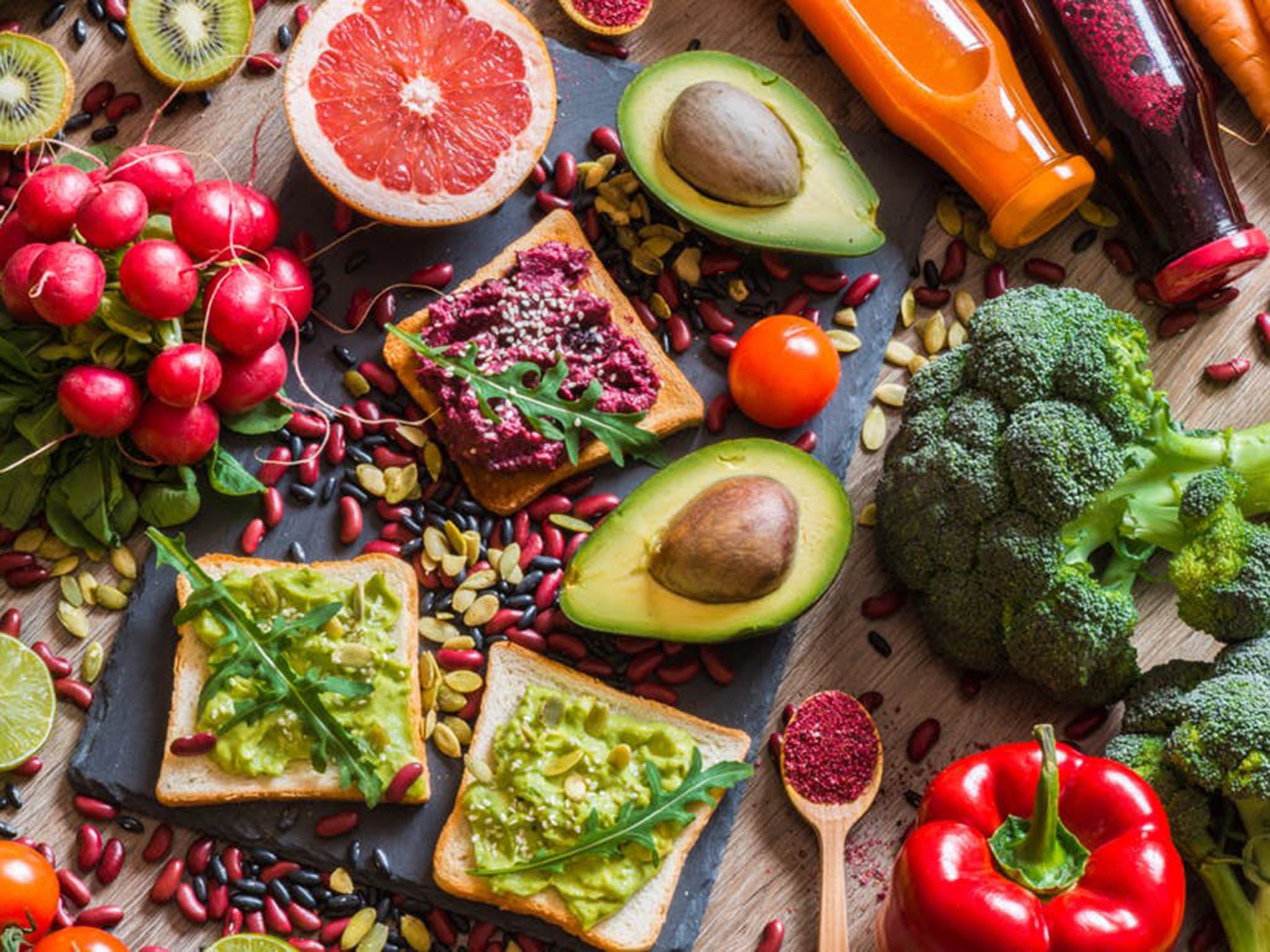
Despite what William Sitwell might think about vegans, the plant-based movement is on the rise and his former employer, Waitrose, has proved it.
This week, the supermarket unveiled a new survey that found a third of Britons have stopped or reduced eating meat in the last five years.
The annual food and drink survey was based on OnePoll consumer research of 2,000 people across Britain, not just those who shop in Waitrose, and was supported by data from focus groups and purchases made in Waitrose shops and online.
In addition to the increasing prevalence of vegan and vegetarianism, the report also reveals a surge in flexitarianism, also known as semi-vegetarianism, whereby someone eats meat or fish only occasionally; 21 per cent of Britons now follow this diet, according to the findings.
Join our commenting forum
Join thought-provoking conversations, follow other Independent readers and see their replies
Comments